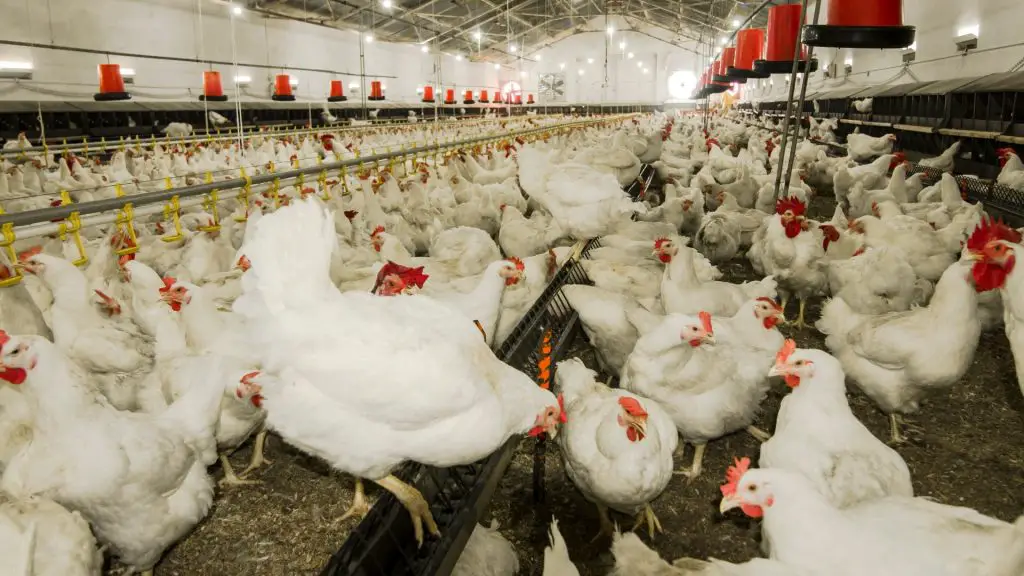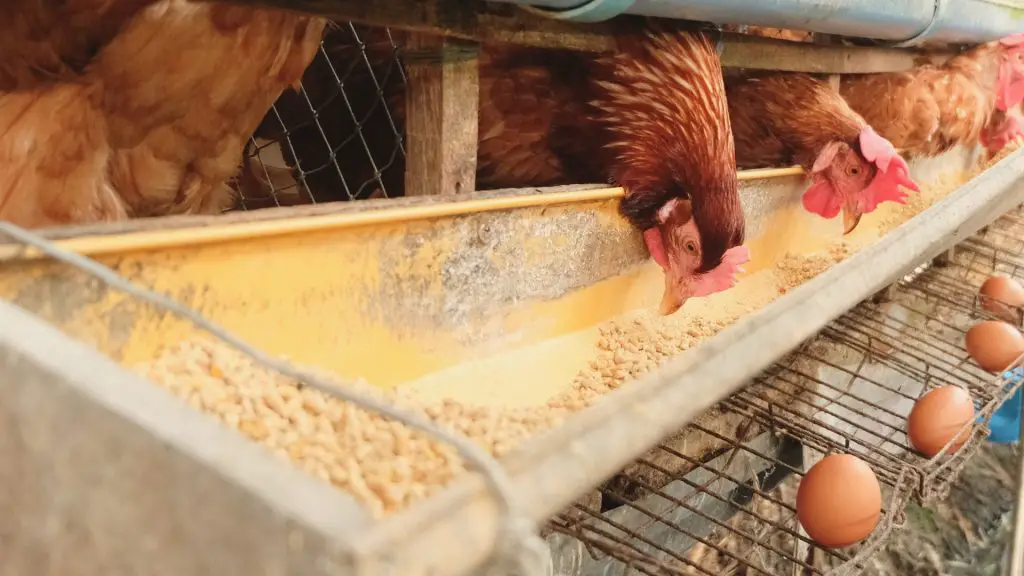Keeping poultry is a great way to segue into growing your food. Chicken raised outside a poultry farm lay incredibly delicious and healthy eggs, and the demand for these eggs is only increasing. Selling chicken eggs is a great way to offload the costs of raising the chickens as well.
How to sell chicken eggs? There are six steps to sell chicken eggs. First, identify the selling price for your eggs. Then, determine any applicable licensing requirements. After that, calculate how many chickens you need to raise. Then, clean and store the eggs you want to sell. Afterward, pack and label your eggs. Lastly, advertise your eggs for sale.
In this article, we’ll discuss the things you need to know to sell chicken eggs successfully. This will also explain licensing requirements and what you should keep in mind when you’re pricing your eggs.
6 Steps to Sell Chicken Eggs
1. Identify the Selling Price for Your Eggs
The first thing you need to do is figure out how much your eggs will sell for so that you can make a profit or offset the costs of keeping poultry.
Location
One of the things that you might need to consider is your location. Whether you live in an urban or a rural area will make a difference in the rates you can charge.
In rural areas, eggs from hand-raised chickens are usually easy to find so that the demand won’t be as much, and you’ll have to price your eggs accordingly. Be mindful of the size and quality of your eggs as well.
Expenses

You also want to consider your expenses when it comes to the care and keeping of your chickens. Here is a list of potential expenses to consider when calculating the pricing of your eggs:
- Chicken feed
- Coop construction or refurbishment
- Water
- Power
- Packaging
- Licensing and registrations
- Packaging
- Transportation and fuel
Depending on the demand for eggs in your area, you might find that you can’t cover all your expenses, but you should cover at least the cost of the feed and upkeep of the coops.
2. Determine Any Applicable Licensing Requirements
Whether you need a license or other registrations to sell your chicken eggs depends on how and where you plan to sell them, and you’ll have to conform to the licensing requirements set by your state.
The license requirements will also affect your packaging and labeling decisions. For a complete list of egg selling laws by state, you can head over to the NERO website, an organization that works to support and regulate the egg industry in the USA.
3. Calculate How Many Chickens You Need to Raise

The general idea is that you can get about a dozen eggs a week from three chickens. Based on this and the demand that you anticipate for your eggs, you can decide how many chickens you need in your flock.
An important thing to remember is that the number of chickens you need to raise for eggs refers to layers—chickens that lay the eggs—and not the roosters. Some breeds of chicken are better for egg production than others.
The right breed of chicken will ensure that you have a steady supply of fresh eggs for your business all year round. White Leghorns, Rhode Island Red, Barred Plymouth Rocks, and the Australorp are all chickens that lay eggs regularly. Some of these breeds may lay more than 300 eggs a year.
Consider the climate, the amount of space you have, and the care the chickens need before deciding what breed will be best for your egg-selling business.
4. Clean and Store the Eggs You Want to Sell
Freshly laid eggs are usually clean and need to be collected immediately. The protective bloom on the eggs keeps them safe for consumption by sealing in moisture and sealing out harmful bacteria. Washing the eggs gets rid of this protective bloom, which will mean that they will need to be refrigerated immediately.
The US FDA recommends that eggs be washed and refrigerated to keep the eggs free of salmonella. Most commercially produced eggs are treated or pasteurized, so this is something for you to consider if you’re formally licensed.
5. Pack and Label Your Eggs

The guidelines for labeling your chicken eggs will depend on the licensing you have procured and the rules of your state agricultural departments. If you’re selling at a farmer’s market, it is a good idea to check if the market has any guidelines in place for labeling as well.
Typically, a label (if any) must include the packing date and expiration date, which is 30 days after the packing date. You might also need to add Safe Handling Instructions described by the US FDA. You can find the text of the Safe Handling Instructions on the FDA website.
Words like “free-range,” “organic,” “fresh,” or “yard” might be regulated by your state agricultural authorities and require certification. So, be careful about using these terms on your chicken egg carton labels.
Packing the chicken eggs in egg cartons is required and will also make handling easier. In some states, egg cartons can be recycled. In other states like Texas, using new cartons is necessary, and cartons of other egg sellers cannot be used.
6. Advertise Your Eggs for Sale
The best way to start selling your chicken eggs is to get the word out among people you know. Word of mouth is the best advertisement. People prefer quality eggs and will purchase yours if they hear about you from someone they trust.
Another way to build your business is to start by giving out samples of your eggs to people to try or cracking one open to show the rich color of the yolk. This allows people to see the quality for themselves.
Pay attention to your packaging as well. Make sure it’s clean, attractive, and sturdy, with your details on the label, so customers know where they picked up the eggs from when they’re ready to buy more.
How Much Should You Sell Your Chicken Eggs?
You should sell chicken eggs for a competitive price that covers production costs and gains a small profit. Freshly laid chicken eggs from chickens raised by hand can sell from $2.50 to $4 per dozen. If licensed as organic, you can charge more, especially in urban areas and during winter.
Do You Need a License to Sell Chicken Eggs?
You need a license to sell chicken eggs in most states if selling door to door, at farmer’s markets, or in grocery stores. However, selling the eggs from your property usually doesn’t require a license. Check with your State Department of Agriculture to see the requirements where you live.
Tips for Cleaning and Storing Eggs

When cleaning the eggs that you’re going to sell, be sure to use odorless soap. The water should be at least 90°F (32°C), but not too hot. After washing, dry the eggs completely before refrigeration.
When storing eggs, refrigerate at 45°F (7.2°C) or cooler. Be sure to use a dedicated space and power supply whenever possible.
Summary
Selling your chicken eggs is a great way to monetize your hobby or get into the agricultural business. You need to consider a few things like how much you can sell the eggs for based on your location, the licenses you might need, the cleaning and storing packaging and labeling. And once you’ve lined up all of these things, you can get the word out among people you know or in your day job and start selling!
